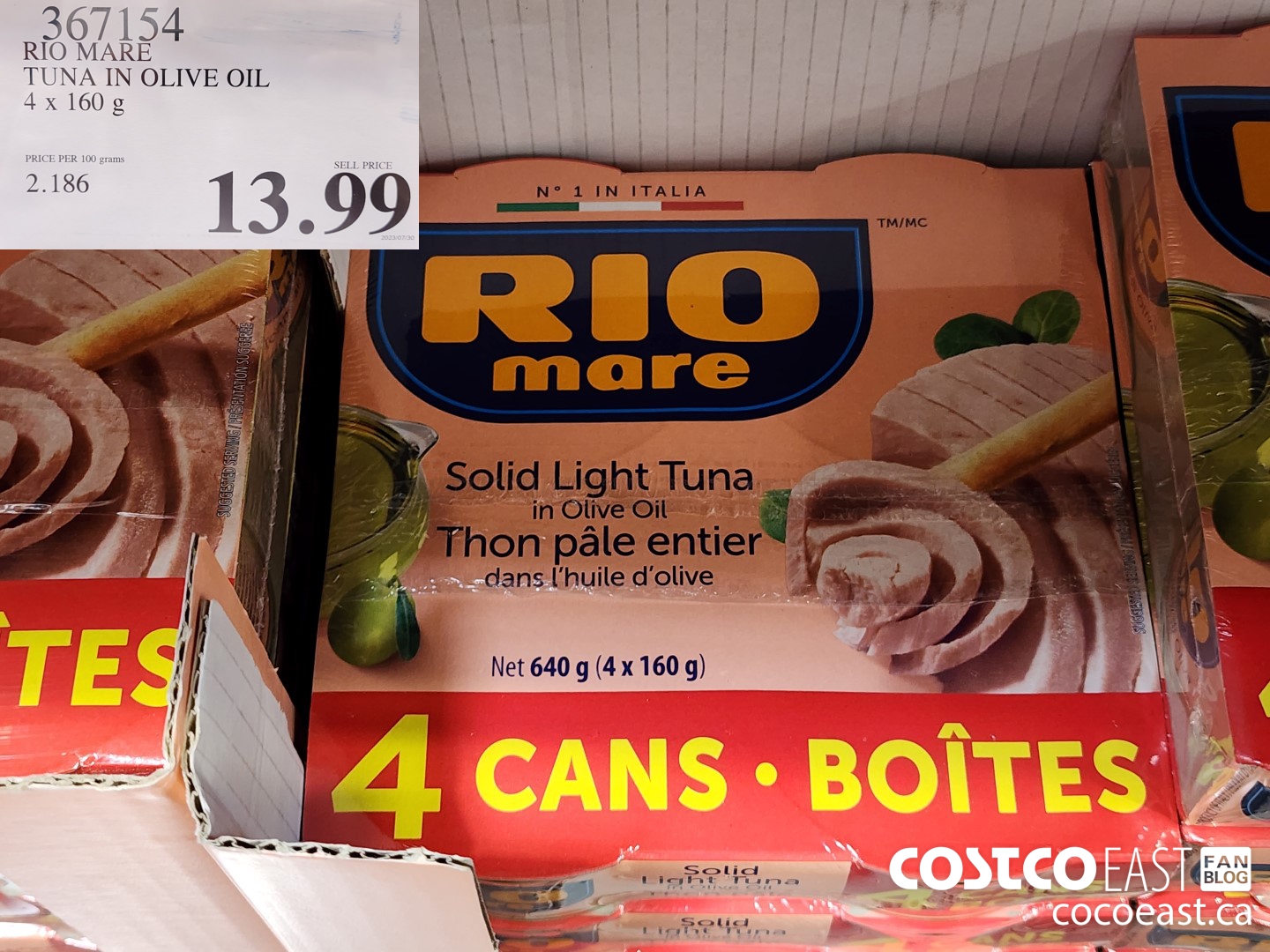Tuna Recall At Costco: A Comprehensive Guide To Understanding The Situation - Here are some best practices for ensuring food safety: Consumers can take several steps to protect themselves from foodborne illnesses. Staying informed about recalls and following proper food handling practices are essential for maintaining health and safety. Here are some tips for consumers:
Here are some best practices for ensuring food safety:
Regulatory agencies such as the FDA and USDA play a vital role in ensuring food safety. These organizations set guidelines and conduct inspections to minimize the risk of contamination. Retailers like Costco must adhere to these regulations while also maintaining their own internal quality control processes.
Data from the Centers for Disease Control and Prevention (CDC) indicate that foodborne illnesses affect millions of Americans each year. These illnesses result in significant healthcare costs and lost productivity, underscoring the importance of preventing contamination in the food supply chain.
We encourage readers to remain informed about food safety practices and to take proactive steps to ensure their own well-being. By following the advice provided in this article, you can minimize your risk of exposure to contaminated products. Please feel free to leave a comment or share this article with others who may find it helpful. Together, we can promote safer food practices and a healthier community.
Further investigations revealed that the contamination may have occurred during the processing stage. Suppliers involved in the production of these tuna products were also scrutinized to identify the source of the issue.
The tuna recall at Costco serves as a valuable lesson in the importance of food safety and quality control. While such incidents can be unsettling for consumers, they also highlight the need for transparency and accountability in the food supply chain. Costco's swift response to the recall demonstrates the company's commitment to protecting its customers.
The tuna recall at Costco gained significant attention in the media, raising questions about food safety and quality control. This incident involved specific batches of tuna products sold at Costco locations across the United States. The recall was initiated after reports of potential contamination were brought to light.

Costco, known for its bulk purchasing model and commitment to quality, quickly moved to address the issue. The company issued a formal recall notice, providing detailed information about the affected products and their lot numbers. This proactive approach demonstrated Costco's dedication to protecting its customers.
Costco's response to the tuna recall was swift and transparent. The company prioritized consumer safety by issuing a comprehensive recall notice and providing clear instructions for affected customers. Costco's customer service team was mobilized to handle inquiries and facilitate the return process.
Food safety is a critical aspect of modern retail operations. The tuna recall at Costco highlights the importance of implementing robust safety measures at every stage of the supply chain. From sourcing raw materials to delivering finished products, each step requires careful monitoring and adherence to industry standards.
The primary cause of the tuna recall at Costco was linked to potential contamination with harmful pathogens. According to reports, the affected tuna products were suspected of containing bacteria such as Listeria monocytogenes or Salmonella. These pathogens pose serious health risks to consumers, particularly those with weakened immune systems.
:max_bytes(150000):strip_icc()/AR-costco-recall-adobe-4x3-2-096a82eecb80443fb2c3e43547cd9a7f.jpg)
Costco's reputation as a reliable retailer was put to the test, but the company's swift response helped mitigate some of the negative effects. Customers appreciated the transparency and accountability demonstrated during the recall process.